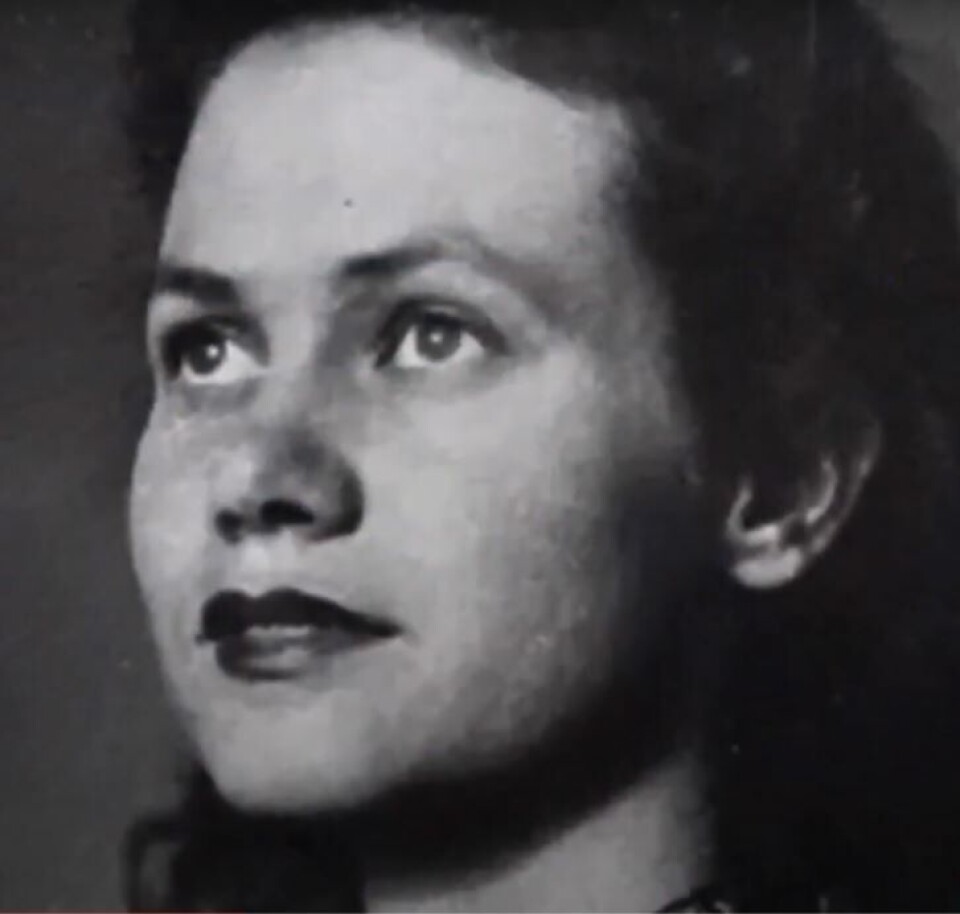-
Mysterious boom rattles residents in south-west France
Local community turns to social media for answers
-
France tightens reimbursement rules for flight delays or cancellations
New measures include mandatory mediation and new claim procedures
-
What snow conditions look like for skiers across French Alps and Pyrenees
Ski resorts are expected to get busier as school holidays begin this weekend
Last of Churchill’s female ‘special spies’ who worked in France dies
Phyllis Latour was awarded the Légion d’honneur and Croix de Guerre for her wartime service

The last surviving female member of the Special Operations Executive, which worked behind the lines in Nazi occupied Europe during World War Two, has died aged 102.
Phyllis Latour was born to a French father and British mother on April 8, 1921 in South Africa.
Orphaned at a young age, Ms Latour was educated in a boarding school in Kenya.
She moved to the UK in 1939, and joined the Women's Auxiliary Air Force (WAAF) in November 1941.
She was soon recruited by the Special Operations Executive (SEO) due to her adventurous spirit and fluent French.
The SOE trained their agents in espionage, infiltration and codes. At one point they even used a cat burglar, who had been taken out of prison to train them.
“We learned how to get in a high window and down drainpipes and how to climb over roofs without being caught,” she is quoted as saying.
They also taught her to parachute, which she did in May 1944 into Nazi-occupied Orne in Normandy.
She pretended to be a teenager and rode around selling soap to gather information
As the Allies prepared for D-day, Ms Latour pretended to be a teenager, riding her bicycle and selling soap to Nazi soldiers. All the while she would take careful note of the soldiers' details: their division number, where they were based, or where they were going.
She recorded these details on a silk thread hidden in lace in her hair.
She was arrested twice.
“I can remember being taken to the station and a female soldier made us take our clothes off to see if we were hiding anything,” she said.
“She was looking suspiciously at my hair, so I just pulled my lace off and shook my head. That seemed to satisfy her. I tied my hair back up with the lace – it was a nerve-racking moment.”
At the end of the war, she was awarded an MBE by the British and a Croix de Guerre Avec Palme by France.
She then married and had two sons and two daughters, later moving to Auckland, New Zealand where she died on October 7, 2023.
Her children were unaware of their mother’s wartime heroics until the 2000s when they reportedly read her story online.
“I didn’t have good memories of the war, so I didn’t bother telling anyone what I did,” she said.
She was appointed a Chevalier de la Légion d'honneur (Knight of the Legion of Honour), by the French government on November 29, 2014, as part of the 70th anniversary of the battle of Normandy.
She is survived by three of her children.
Related articles
American returns 68 years on to French town that helped him after WWII
Hunt is on for American's family after WW2 bag found in French loft
Violette Szabo: British spy who fought Nazis to avenge French husband
The female French spy who saved more than a thousand British soldiers
























